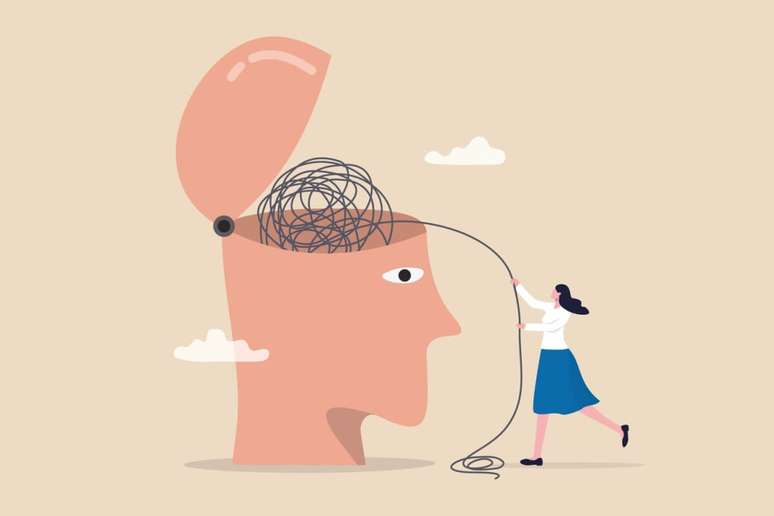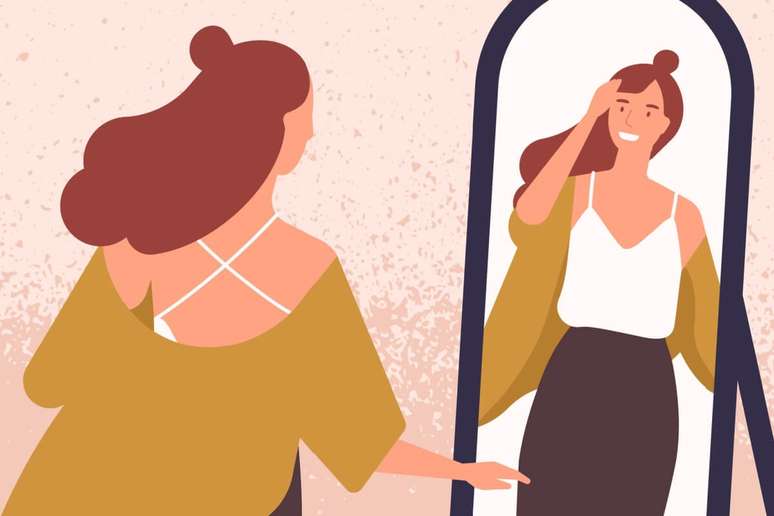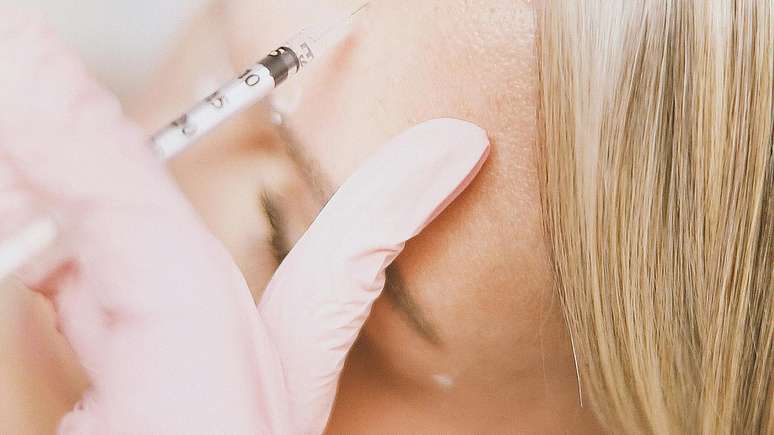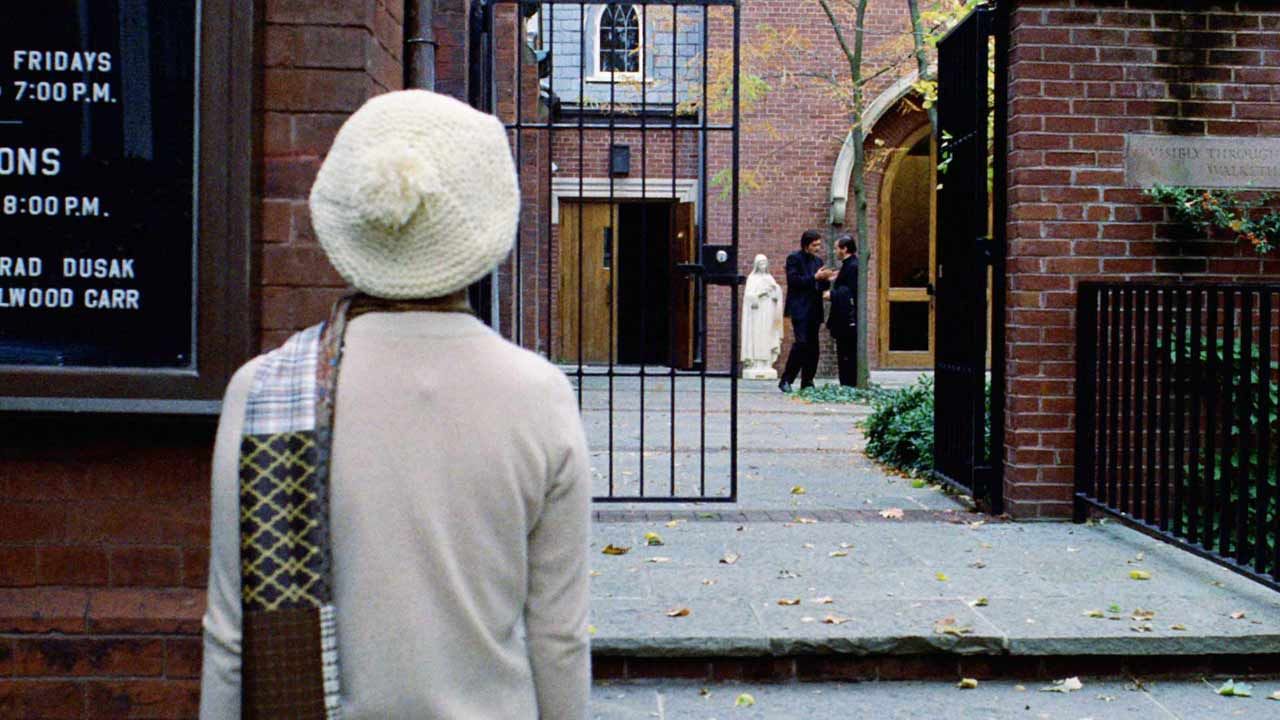Learn the importance of paying attention to the signs of this psychological disorder and when to seek help.
With the pressure of unattainable beauty standards, concern for physical appearance has become a constant for many people. However, in some cases, this can go beyond limits and turn into a psychological disorder, called body dysmorphic disorder, when one has an excessive concern for physical “flaws”, even if they are non-existent or minimal in the eyes of others.
Psychologist Valeska Bassan, an eating disorder specialist, highlights five signs that may indicate body dysmorphia. Check them out below!
1. Extreme attention to body details
One of the main signs of body dysmorphic disorder is the obsession with specific parts of the body, such as the nose, skin, hair, or weight. “People tend to focus on a small or nonexistent imperfection, which generates a high level of distress,” explains Valeska. This dissatisfaction can interfere with self-esteem and mental well-being, leading to extreme behaviors.
2. Constant comparisons with other people
Individuals with body dysmorphic disorder have a habit of constantly comparing themselves to others. This comparison can be fueled by the influence of celebrities and digital influencers, whose appearance is often altered by filters and edits. “This comparison generates a distorted view of one’s own image and increases the desire to reach an impossible standard,” Valeska points out.

3. Repetitive behaviors to “fix” appearance
Body dysmorphic disorder often leads to compulsive behaviors, such as looking in the mirror multiple times a day, camouflaging body parts with clothing or makeup, and even trying to aesthetic procedures. “These behaviors may provide a temporary sense of relief, but dissatisfaction soon returns, fueling a vicious cycle,” comments the psychologist.
4. Negative impact on social interactions
Excessive concern with appearance can directly affect social life. People with body dysmorphic disorder tend to avoid social events, isolate themselves, or even decline invitations for fear of being judged. “They believe that others always notice what they see as flaws,” she explains. This isolation can lead to more severe anxiety and depression.
5. Difficulty accepting compliments about appearance
Even when they receive compliments, people with body dysmorphic disorder have difficulty accepting them. They often feel uncomfortable and believe that positive comments do not reflect reality. “This distrust of praise reinforces the negative perception they have of themselves, making it difficult to improve the situation,” warns the specialist.
The psychologist stresses the importance of seeking professional help if these signs recur. “Body dysmorphic disorder is a serious psychological disorder, which can compromise not only mental health, but also physical health. Treatment with psychotherapy and, in some cases, with medical monitoring, it is essential that the person is able to rebuild a healthy relationship with their image”, he concludes.
By Mayra Barreto Cinel
Source: Terra
Ben Stock is a lifestyle journalist and author at Gossipify. He writes about topics such as health, wellness, travel, food and home decor. He provides practical advice and inspiration to improve well-being, keeps readers up to date with latest lifestyle news and trends, known for his engaging writing style, in-depth analysis and unique perspectives.









